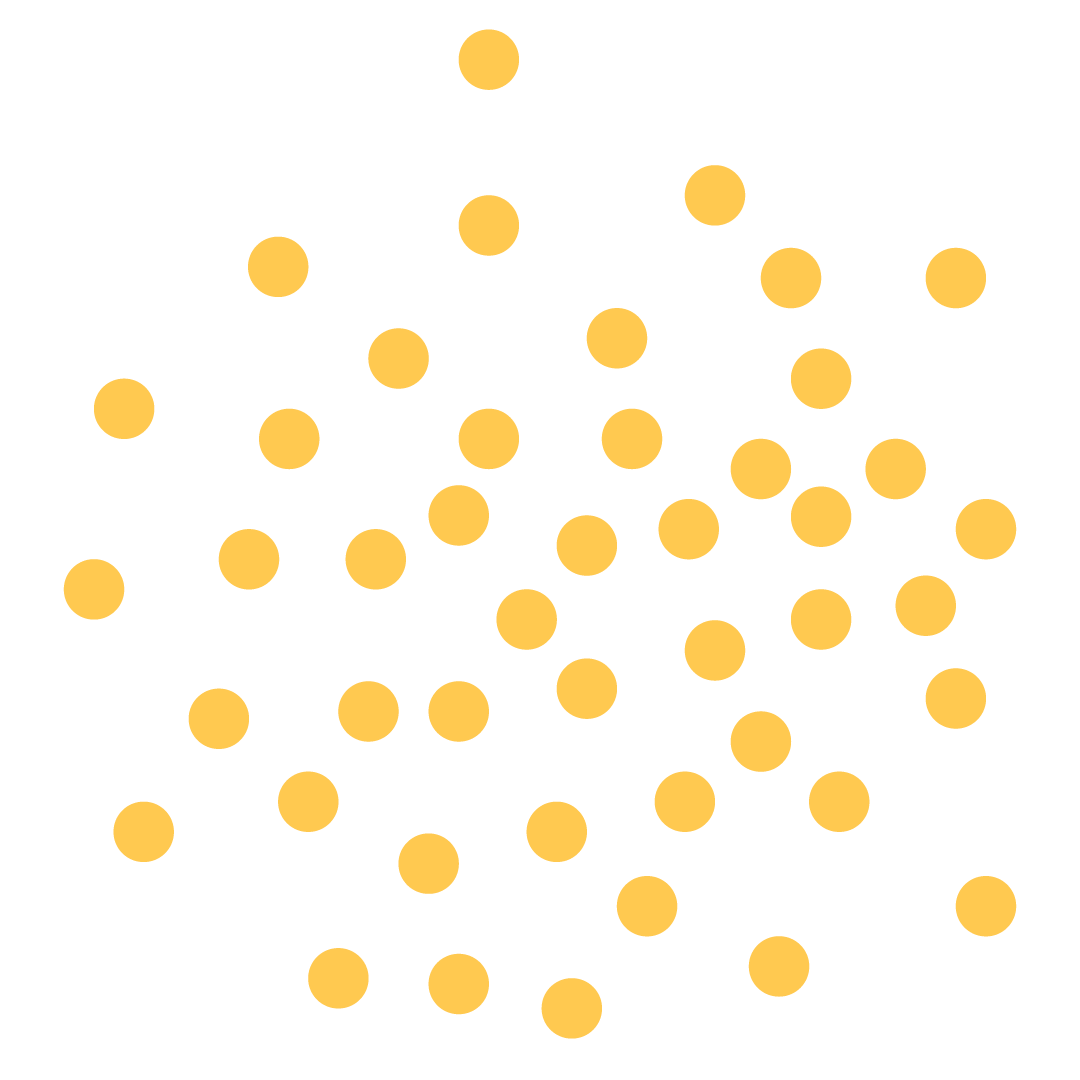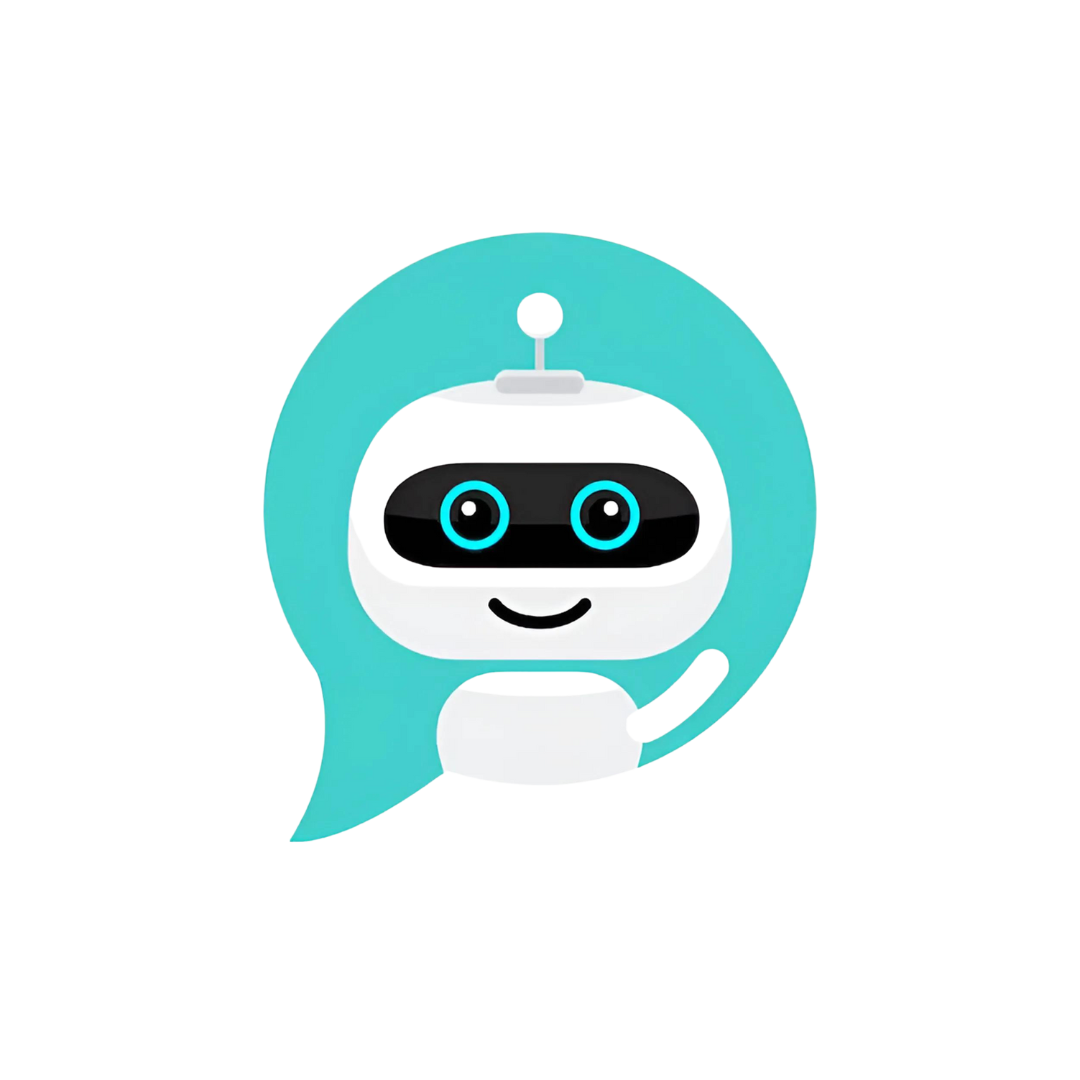Python Web Developer
Home > Training Programs > Python Web Developer
The Python Web Developer Training Program
Building a strong foundation for beginners and experienced programmers
The Python Web Developer program is a comprehensive training program that covers essential skills for building web applications with Python. This program is designed to equip students with a strong foundation in Python programming, web development fundamentals, and popular web frameworks such as Flask and Django. The program also covers front-end development with React, database management with SQL and ORM, building RESTful APIs, testing and deployment, and advanced topics such as microservices, CQRS and Event Sourcing, and machine learning.
Throughout the program, students will learn best practices for writing modular, scalable, and secure code. They will also gain hands-on experience in building full-stack web applications from scratch, deploying applications to cloud hosting platforms, and using automated testing tools to ensure code quality.
Upon completion of the program, students will be well-equipped to pursue careers in web development, as well as continuing their learning journey in specialized areas such as machine learning and data science with Python.






Program Objectives
- Develop a strong foundation in Python programming language and its use in web development.
- Learn fundamental concepts and practices of web development, including HTML, CSS, and JavaScript.
- Gain proficiency in popular web frameworks such as Flask and Django.
- Learn front-end development with React and understand how to integrate it with back-end technologies.
- Understand the principles of database design, management, and usage with SQL and ORM.
- Learn how to build RESTful APIs for web applications.
- Gain proficiency in testing web applications and deploying them to cloud hosting platforms.
- Understand advanced topics such as microservices, CQRS and Event Sourcing, and machine learning with Python.
- Develop strong problem-solving and critical thinking skills through practical, real-world projects.
- Foster a mindset of continuous learning and growth as a developer in the constantly evolving field of web development.
Program Outline
Below is the high-level outline of The Python Web Developer Training Program
- Getting started with Python
- Python syntax and basics
- Variables, data types, and operators
- Control flow statements (if, for, while)
- Functions, modules and packages
- Object Oriented Programming (OOPs) Concepts
- Reading and writing text files
- Working with CSV and JSON files
- Working with binary files
- Handling errors and exceptions in Python
- Raising and catching exceptions
- Writing custom exception classes
- Working with lists, tuples, and dictionaries
- Understanding generators and iterators
- Working with sets
- Installing Python
- Installing and setting up a code editor or Integrated Development Environment (IDE)
- Working with virtual environments
- Database connection using python
- Creating and searching tables
- Reading and storing information on database
- Programming using database connections
- Introduction to web development
- Client-server architecture and HTTP protocol
- HTML, CSS, and JavaScript basics
- Web development frameworks and libraries
- Setting up a local development environment
- Introduction to Flask
- Routing and URL patterns
- Templates and Jinja2
- Web forms and form validation
- Flask extensions and plugins
- Introduction to Django
- Models, views, and templates
- URL routing and query sets
- Django forms and validation
- Django admin interface
- Introduction to RESTful APIs
- Building APIs with Flask
- Building APIs with Django
- Authentication and authorization
- Versioning and documentation of APIs
- Unit testing with pytest
- Integration testing with Selenium
- Performance testing with Apache JMeter





Training Methodology
This program follows Aitrich Training Methodology(ATM), which is designed to provide a real-life software engineering experience to the students.
ATM is a specialized learning methodology that follows standard software engineering principles and practices as part of the whole learning process. It is based on a project-based, team-oriented, and instructor-led approach that emphasizes collaboration, problem-solving, and continuous improvement.
The entire program is designed around a software project that develops a real-life application and the whole batch of students are organized as the team members who develop the system. The team will follow agile methodologies such as SCRUM, and software engineering principles and practices as part of their daily tasks. As the program progresses towards the end, the project will be fully developed by the team members.
At the end of the program, the students will have all the skills of an experienced software engineer who can undertake serious software projects with a sense of ownership.
What other essential skills you earn from this program
Beyond Python Web Development
Since this training program is following Aitrich Training Methodology, this program will have the following salient features, besides the technical topics covered:
The Training Program is conducted as a project-based training program, allowing participants to apply what they have learned through hands-on experience with real-world projects. Participants will develop an end-to-end software project using all the topics they’re learning in the training incrementally, throughout the course of the program. This will provide the participants with all the skills required to become confident Java Developers who can join any professional software team.
The training program follows Agile development methodologies and uses SCRUM for project management and Kanban for tracking progress. This allows the participants to experience and practice professional software engineering disciplines and practices in the real world.
The training program is designed to foster teamwork, collaboration, and communication among participants, mirroring real-world team environments. The roles and responsibilities they handle on a daily basis as part of the learning and project development will make them natural teamsters and often leaders.
The training program emphasizes the use of Extreme Programming (XP) practices such as Test-Driven Development (TDD), Pair Programming, and Continuous Integration and Delivery.
The training program covers the principles and practices of Domain-Driven Design (DDD), an approach to software development that focuses on the core domain and business logic of the application.
The training program covers the use of Unified Modeling Language (UML) and other tools for architecture and system design, helping participants develop a deeper understanding of how to design and develop high-quality, scalable software systems.
The training program leverages the power of professional software development tools such as Git for Source Control, Trello for Task Management and Jira for Issue Tracking. This will allow the students to get familiar with these essential tools for standard software engineering in professional organizations.





pre-requisites & program duration
The participants are expected to have a good understanding of web development concepts and web technologies such as HTML, CSS, and JavaScript.
It is also recommended to have(though not mandatory) a basic understanding of programming concepts such as variables, data types, control structures, and functions.
Program Duration : 3 Months
Program Duration : 6 Months
Certification
TO DO !



Ready To Kickstart Your Tech Career?
we will contact you back within 24hrs via email.
Students testimonial
Discover the Inside Scoop
-Hear From Students Themselves






Similar Training Programs

Enterprise Java Developer
Enterprise Java Developer is a comprehensive course that covers Java enterprise development concepts and technologies. It is designed to equip learners with the necessary skills and knowledge to develop enterprise-level Java applications.

Java Cloud Native Developer
Java Cloud Native Developer course is designed to teach developers how to build cloud-native applications using Java programming language and modern cloud-native technologies such as containers, Kubernetes, and microservices architecture.




